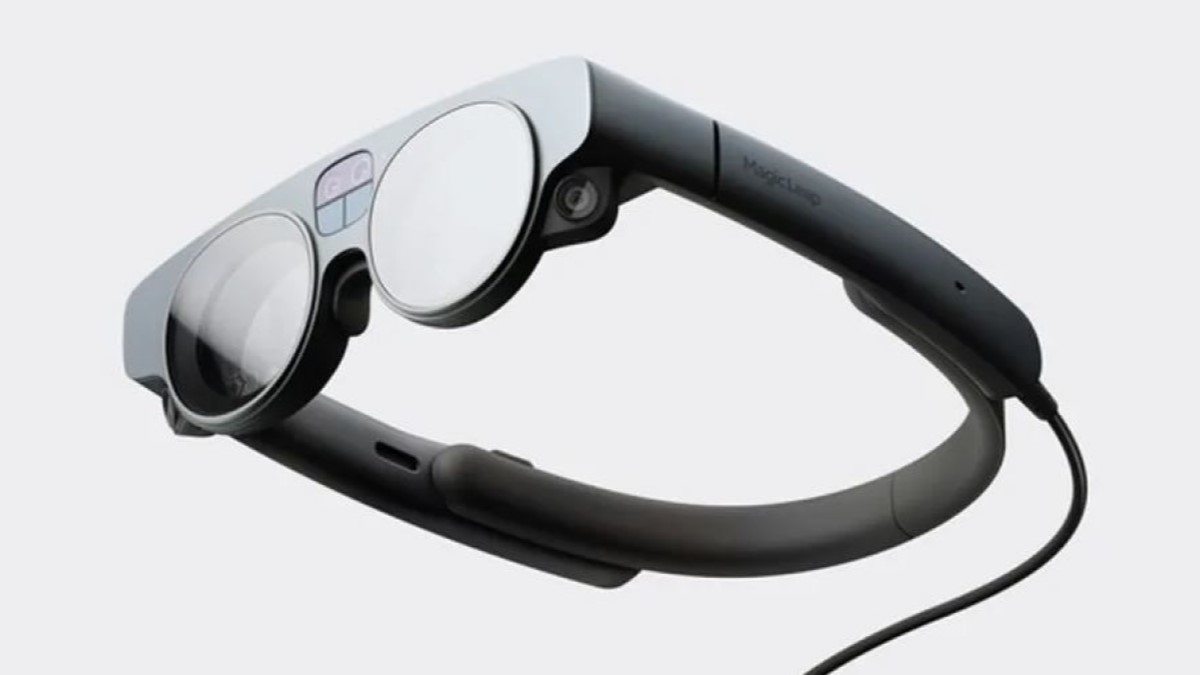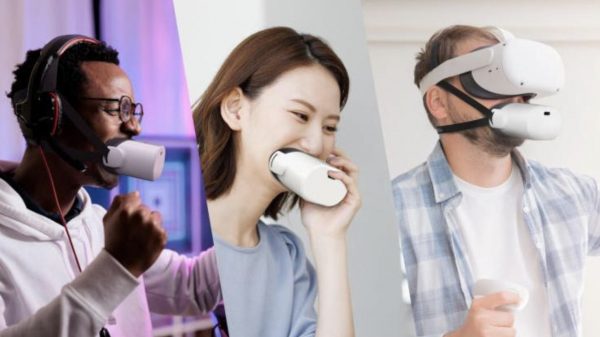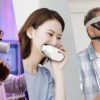Magic Leap, an American start-up company has announced that it’s granted four healthcare partners early access to its next-gen augmented reality headset, and among these partners is neurotechnology company SyncThink.
Since its partnership with Magic Leap, SyncThink has been interested in targeting vestibular disorders, “which leads to dizziness”, said Scott Anderson, SyncThink chief clinical officer.
According to Anderson, they aim to expand that partnership by bringing Magic Leap 2 into the neurological health space and collaborating on clinical studies.
Additionally, SyncThink has already received FDA clearance for an eye-tracking VR device that helps diagnose concussions. Changes in eye movements are also linked to vestibular disorders as well.
Anderson stated, “We need high fidelity cameras and sensors that can track at a medical-grade level, not a consumer-grade level, ” that affects the accuracy of the tools SyncThink is able to build. And while the company is initially working on tools that could diagnose vestibular conditions, Anderson says he thinks that they could develop VR-based treatments for those disorders too.
“Even going back five years, we were having to go buy off-the-shelf VR devices and send them to Germany and have infrared sensors put in. Now, everyone is learning really quickly the importance of specific types of features that appeal to sectors like healthcare,” said Anderson.
Anderson went on to say that more and more virtual and augmented reality companies such as Magic Leap are emphasizing and leaning towards healthcare as part of that digital health trend. Making it easier for companies like SyncThink to find the hardware they need to develop new tools.
Digital tools that treat diseases are becoming more common, thanks to COVID-19 pandemic which accelerated their adoption that’ll see to the treating of several of these diseases.
Magic Leap’s announcement and its new partnership with healthcare companies on the heels of first-of-their-kind FDA authorizations for VR-based therapeutics: one to treat lazy eye in children and a second for chronic pain.
Similar to Hekka Lab’s decentralised healthcare ecosystem, Anderson concluded by stating that over the last five years, various VR equipment manufacturers have begun shifting away from gaming and eSports and moving towards healthcare and military industries.
Isa Muhammad is a writer and video game journalist covering many aspects of entertainment media including the film industry. He's steadily writing his way to the sharp end of journalism and enjoys staying informed. If he's not reading, playing video games or catching up on his favourite TV series, then he's probably writing about them.






































